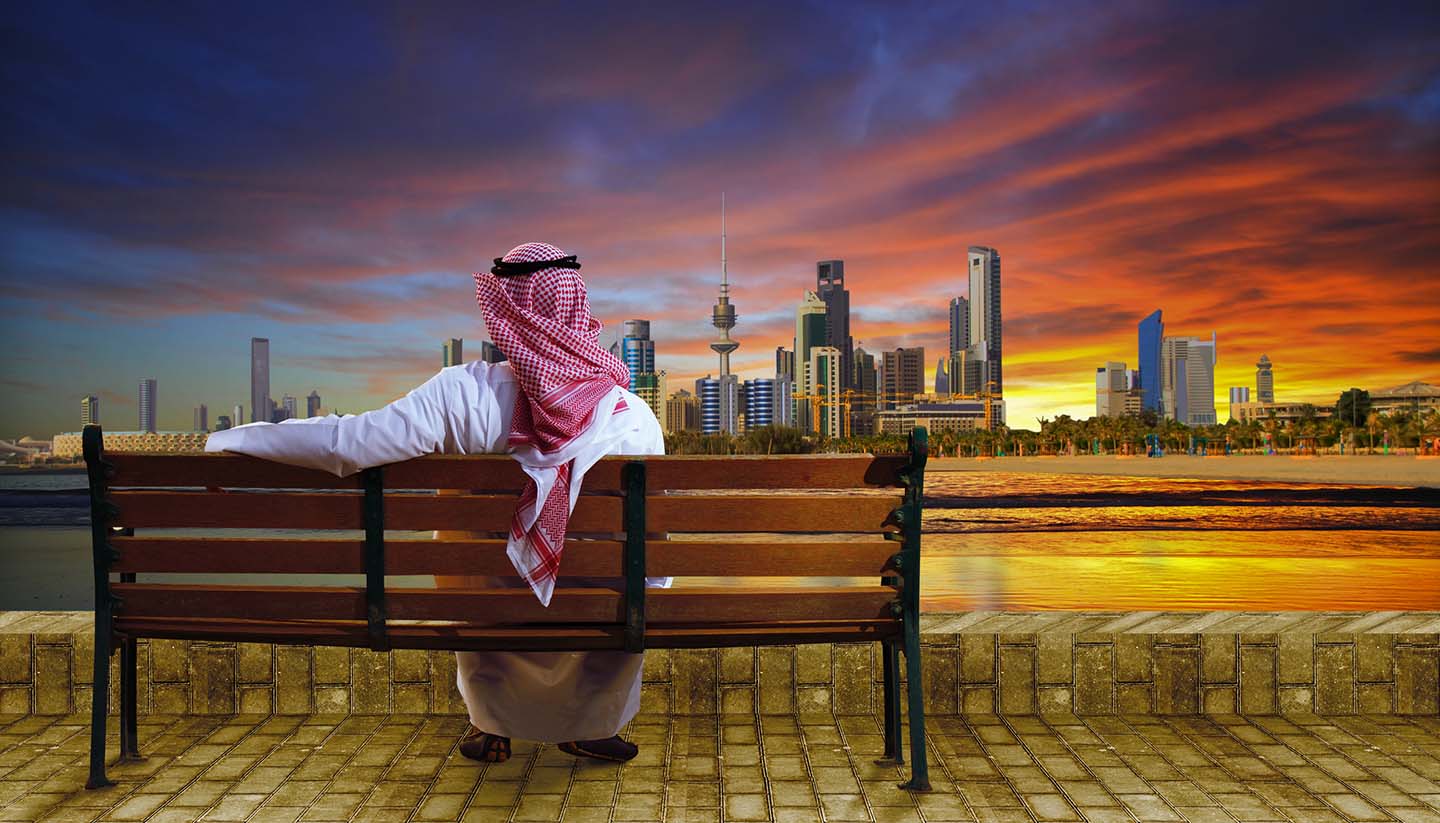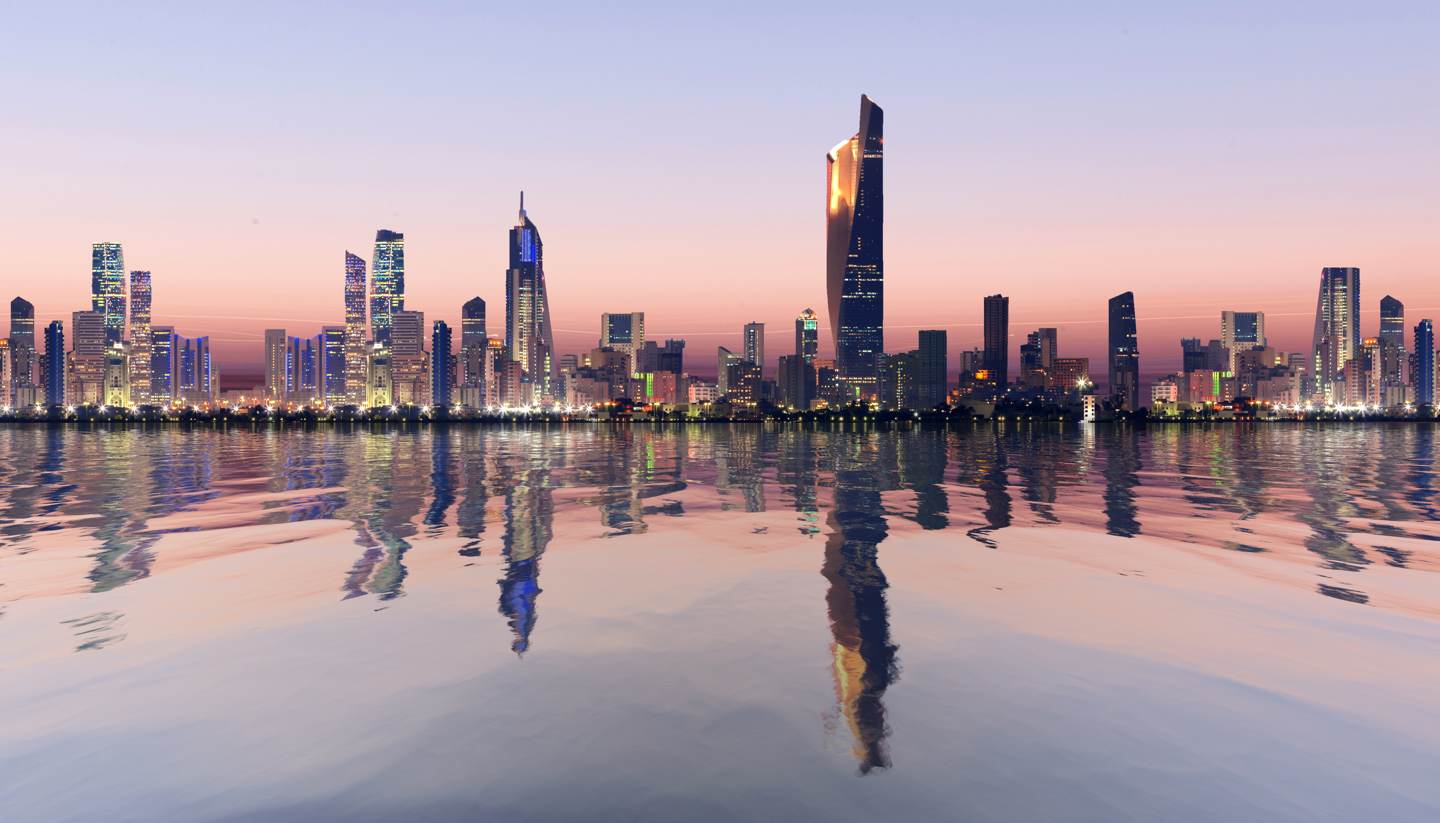Kuwait: Doing business and staying in touch
Doing Business in Kuwait
Smart conservative clothing is essential. This should cover the upper arm and lower leg. English is widely spoken in business circles, although a few words or phrases of Arabic are always well received. Business cards are widely used. Some of the bigger hotels have translation and bilingual secretarial services.
Meetings often start late; as this is an accepted part of local custom, this should not be commented on. Shaking hands is the normal greeting but visitors should note that when meeting Arab women they should not offer their hand unless the woman extends hers first.
It is very important for visitors never to sit in such a way that their feet are pointing directly at someone else. Causing someone else to lose face, whether a client or colleague, is considered extremely offensive, and any criticism or corrections should be kept for private discussions afterwards.
Meetings tend to start with plenty of preliminary chatting before moving onto the serious work and it is considered ill-mannered to 'get straight down to business'.
Friday is considered a day of prayer and rest, so meetings should not be scheduled for this day. Calls to Arab people should also be avoided on this day. Similarly, local people will not answer the telephone during siestas, which are usually taken between 1400 and 1700.
Business hours are Sunday to Thursday (or Saturday to Wednesday) 0800-1300, reopening 1700-2000.
Visitors are strongly advised not to initiate discussions on politics, sex or religion. If drawn into any of these topics of conversation, try to avoid personalising your comments.
Be aware that Kuwait is a dry state and the consumption of alcohol is strictly forbidden.
Office Hours
Sun-Thurs or Sat-Wed 0800-1300 and 1700-2000.
Government office hours: Sat-Wed 0700-1430 (winter); 0700-1400 (summer).
Economy
Kuwait's considerable wealth is the result of the country's vast oil deposits, estimated at 100 billion barrels (9% of the world's total known reserves). With production of over 2 million barrels daily, oil now accounts for about half of total output, 90% of export income and three-quarters of government revenue.
The economy has long since recovered from the extensive and systematic looting conducted by Iraqi troops during the occupation of 1990-1. This was estimated to have cost Kuwait US$170 billion, and the extent of the reconstruction was reflected in the fact that Kuwait was obliged to liquidate a large proportion of its overseas investment portfolio.
These holdings, which are administered by the Kuwait Investment Office, are used partly to meet the country's running costs (free education and social services) and partly lodged in the Fund for Future Generations. During the 1990s, Kuwait, not surprisingly, invested large sums in building up a military apparatus.
There has been some diversification of the economy, promoted and funded by the government. Heavy industrial projects have been eschewed in favour of light manufacturing industries such as paper and cement production. There is a small fishing industry and some agriculture. The government has tabled a privatisation programme both as a means to raise revenue and as an instrument of economic policy. A free-trade zone has also been established.
Kuwait is a member of OPEC and of the Gulf Co-operation Council. The re-emergence of OPEC as a major influence appears to have triggered some disputes inside the Kuwaiti government over oil production and pricing policy. Japan, The Netherlands and Italy are the main markets for Kuwaiti oil. The principal exporters to Kuwait are Japan, the USA, Germany and the UK.
GDP
US$68.4 billion (2005).
Main exports
Oil and refined products and fertiliser.
Main imports
Food, construction materials, vehicles and parts and clothing.
Main trading partners
UK, Japan, USA and Germany.
Keeping in Touch in Kuwait
Mobile Phone
Roaming agreements exist with most international mobile phone companies. Coverage is good.
Internet
Internet cafes throughout Kuwait provide public access to e-mail and Internet services. Many hotels have business centres with Internet access.
Media
Although remaining loyal to the ruling family, the press enjoys a fair degree of freedom.
Post
Airmail to Western Europe takes about five days.
Post Office hoursSat-Wed 0700-1400, Thurs 0700-1200.



